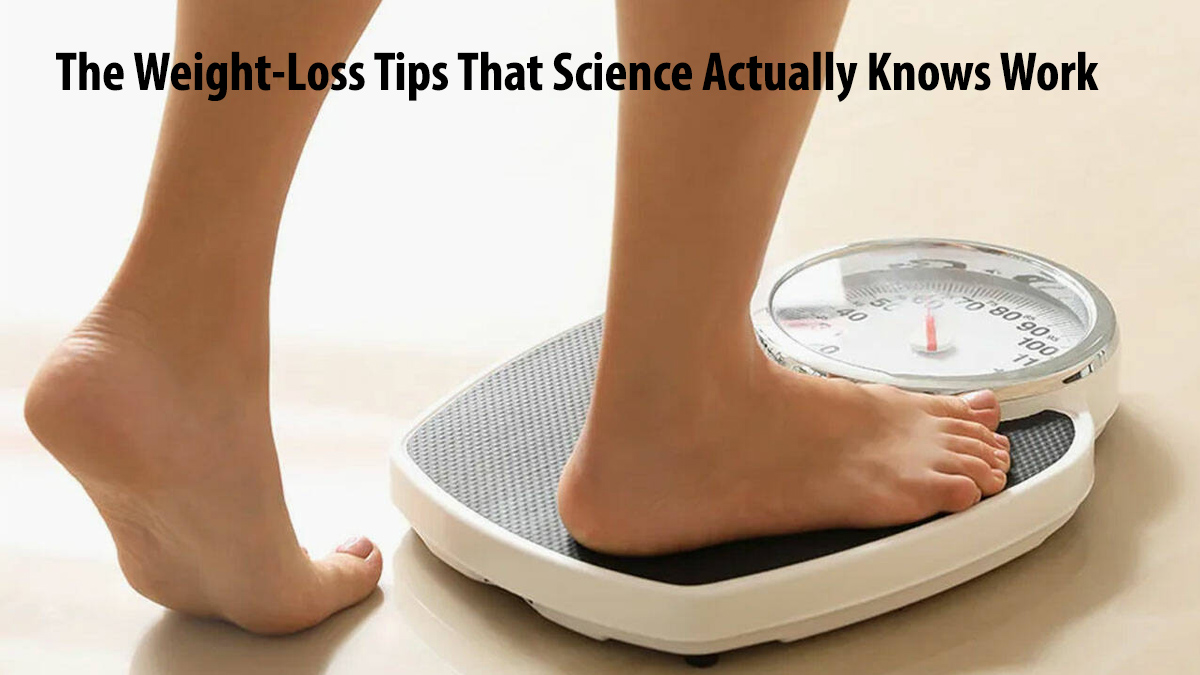The weight-loss tips that science actually knows work include the following: Pre-Eating, avoiding high-processed foods, and adding more vegetables to your diet. Taking small steps each week will show results quickly. It will also be easier to stick with these changes. These tips have been used for years and have proven to be effective. But how do you make them work for you?
Avoiding high-processed foods
Eating less of highly processed food can help you lose weight. Ultra-processed foods increase your risk of death from all causes by 62 percent. A healthy fat source is olive oil or coconut oil. Many people don’t realize how much ultra-processed food they are consuming. However, whole foods are great sources of healthy fats. By eating whole foods you can rebalance your diet and lose weight.
Processed food is anything that has been altered from its natural state, like microwave meals and ready meals. While most processed foods are unhealthy, some of them have minimally processed ingredients and are still heart-healthy. You can find these foods at your local market, fruit and vegetable store, and bulk bin stores. They’re also cheaper than high-processed food. But you may wonder whether they’re really worth the money and effort to make!
Many people rely on ultra-processed foods for convenience and affordability. Not everyone has the time to cook fresh food. While this can be difficult to do, you can prioritize unprocessed or minimally processed foods in your diet. While it may be difficult to completely eliminate ultra-processed foods, avoiding them will reduce your risk of obesity and many other diseases. But, it can be worth the effort! The consequences of overindulging in processed food can be serious.
Ultra-processed foods often contain ingredients that are harmful for your health. Ultra-processed foods often contain refined seed or vegetable oils. Manufacturers use hydrogen to make these artificial fats solid. Trans fats are highly inflammatory and increase your risk of cardiovascular disease and cerebrovascular disorders. Plus, eating foods high in trans fats can also increase your risk of type 2 diabetes, heart disease, and stroke.
Adding more vegetables to your diet
Adding more vegetables to your diet is one easy way to trim down without sacrificing taste. Vegetables are full of essential nutrients and are an essential part of any diet. Not only do they fill you up, they also provide essential vitamins and minerals that fight against diseases. A study published in the Journal of the Academy of Nutrition and Dietetics found that adding non-starchy vegetables to kids’ diets reduced the amount of visceral fat.
Getting help from a registered dietitian
If you’re trying to lose weight, you’ve probably considered seeing a registered dietitian. A registered dietitian can give you tips on how to eat a healthy diet and follow it for long-term weight loss. Getting help from a registered dietitian can help you improve your health and prevent disease. The Centers for Disease Control and Prevention points out that poor nutrition puts you at risk for heart disease, cancer, and type 2 diabetes. Whether you’re trying to improve your health or lose weight, a registered dietitian can provide you with personalized advice to make the best food choices for you.
A registered dietitian is one of the most qualified professionals to provide nutritional advice. She will assess your overall health and lifestyle, and help you formulate a healthy eating plan based on your preferences. She will also help you identify roadblocks to weight loss, separate facts from fiction, and establish realistic goals. She will also help you increase your physical activity, and work with you to develop a customized fitness program based on your current lifestyle.
Your dietitian will study your current diet, and may suggest foods or pre-prepared meals that can be easily controlled. She will discuss with you what triggers you to overeat. She may also discuss with you strategies to manage stress and food-related negative thoughts. Your dietitian will customize her recommendations to your needs, so you won’t feel deprived. She won’t restrict any foods, but will give you advice about portion control and cutting down on certain food groups.
A registered dietitian can also help you create a healthier environment. A registered dietitian can help you structure your lifestyle and environment so that you can achieve your weight loss goals. People with disabilities face additional challenges when trying to follow a healthy diet, and a dietitian can provide support for this. If you are a Weight Watchers participant, it’s helpful to consult with a registered dietitian.
People also read :
- Exercises to Lose Belly Fat and Tone Your Core
- Effective Ways to Get Rid of Belly Fat
- What Should Each Meal Plan Consist of to Lose Weight?
- Can Vitamins Help You Lose Weight?
- How Many Calories Should You Eat Per Day to Lose Weight?

